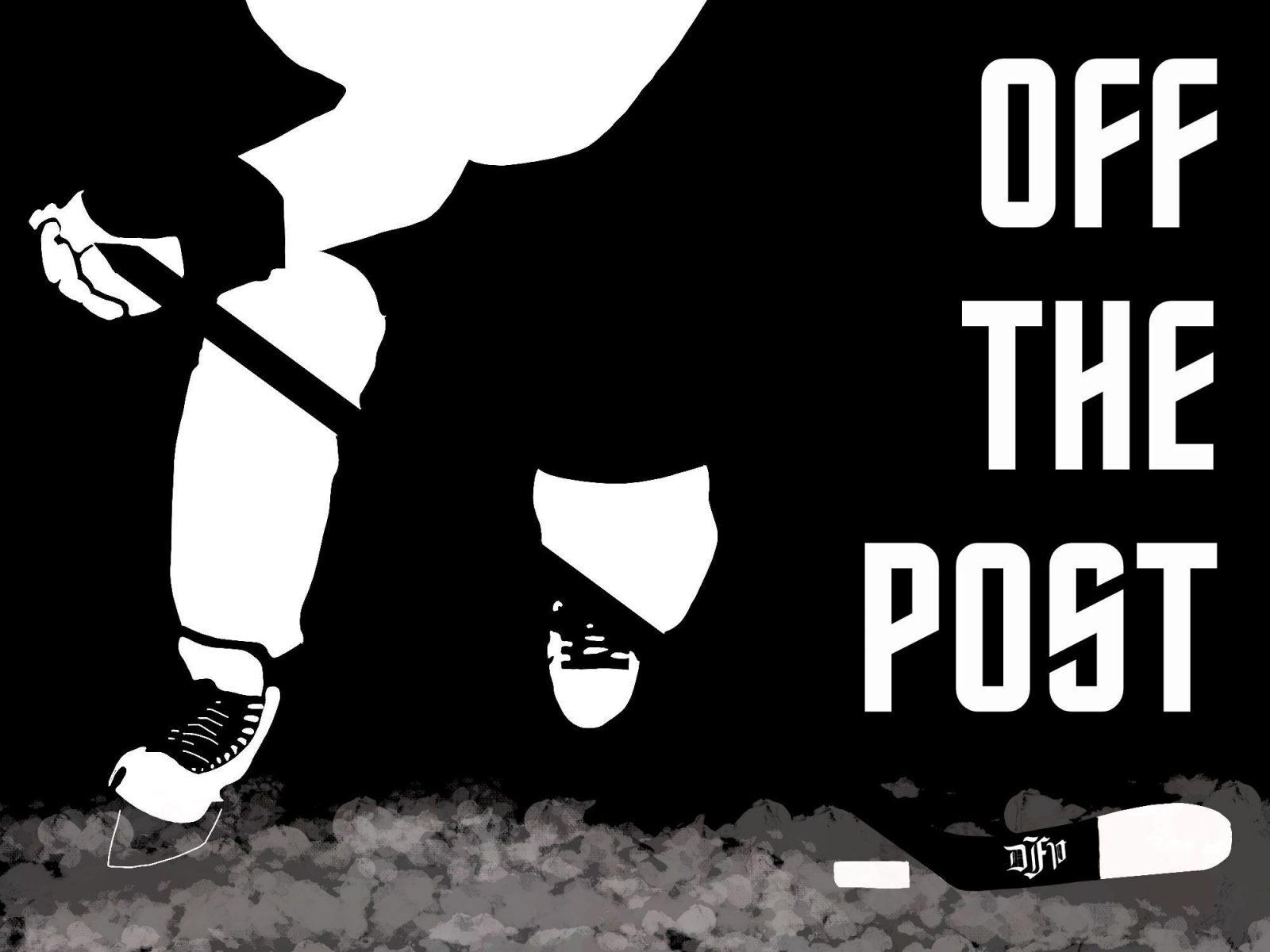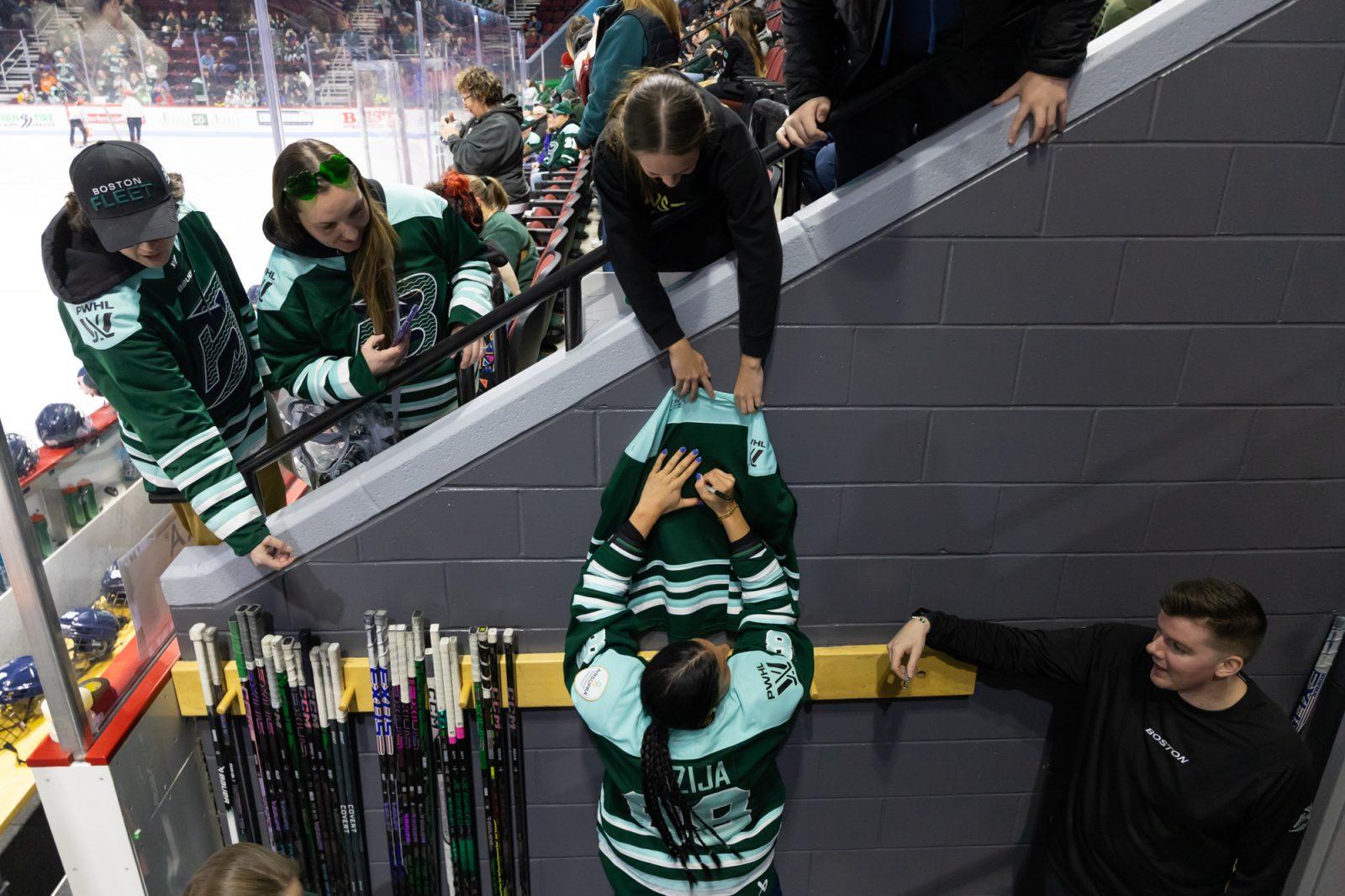On March 23, 1994, Wayne Gretzky became the leader in one of the most hallowed records in North American sports. In the iconic Los Angeles Great Western Forum, playing against the Vancouver Canucks, Gretzky buried his 802nd career goal. With that score, The Great One had eclipsed Gordie Howe, also known as “Mr. Hockey,” to become the greatest goal scorer in the history of the sport.
At the time, it seemed as though Gretzky’s record took its rightful place among other untouchable sports milestones. Especially considering number 99 was far from done in 1994 and added another 92 career lamp-lighters for good measure. When Gretzky finally hung up his skates before the turn of the millennium, it seemed inconceivable any skater could pot 895 goals.
But a transcendent player from Moscow would debut in the NHL in October 2005 and challenge the claim that Gretzky’s goal record was unobtainable. His name was Alex Ovechkin. And, along with rival Sidney Crosby, the league could not have asked for two better players to usher in a new era of NHL hockey.
In his first year with the Washington Capitals, “The Great Eight,” as he came to be known, showed an incredible combination of power and finesse. With the referees calling more hooks and interference penalties, the ice opened up across the league. And Ovechkin was one of the main beneficiaries.
As a 20-year-old listed at 6’2” and 215 pounds, he was far from intimidated by NHL defenders. Ovechkin ripped home 52 goals and racked up 54 assists in 81 games. Even in his first year, he settled in just fine on the power play, potting 21 scores on the man advantage.
He quickly became one of the most feared goal-scorers in the league. On the power play, he was lethal. While Gretzky had his “office,” behind the opponent’s net, Ovechkin had his corner office on the left face-off dot. Ovechkin calling for the puck in a shooting position formed into a goaltender’s worst nightmare.
His rocket off a shot, myriad of offensive moves and nifty stick-handling ability have proved too much for the NHL. Through his first 15 seasons, he has led the league in goals nine times, even-strength goals on five occasions, and power-play goals in six instances.
Along with his insane success rate at putting the puck past netminders, two aspects have helped Ovechkin creep into Gretzky territory.
He took to heart the hockey adage that it is never a bad play to get the puck on net. In 11 of his first 13 seasons, Ovechkin was first in shots on goal. The proclivity for firing the puck on net at a ridiculous rate is right out of number 99’s playbook.
Also, Ovechkin has a shot at Gretzky’s record because of his surreal durability. He has never missed more than 10 games in a season and has avoided suffering a career altering injury. While luck is always linked with health, Ovechkin’s work ethic and frame makes him seem, at times, indestructible.
So, as of March 25, Ovechkin has 720 goals. At age 35, he currently sits in sixth place on the all-time goal scoring list and 174 scores away from tying Gretzky. Even playing through three stunted seasons — the 2012-13 lock-out and COVID-19 the last two seasons — Ovechkin averages 45 goals a campaign.
So far, through 27 games this season, he has scored 14 goals. With 25 games remaining, conservatively, he should put up approximately 10 more scores. Then he will need roughly 164 goals to tie Gretzky.
Ovechkin has not shown signs of slowing down. From 2013-2020, he finished at least tied for the lead in goals seven times.
So, even if he dips his production and settles into consistently scoring 35 goals instead of 45 until he turns 40, he will be in sight of the record. So, the two big questions remain to see if the NHL will have a new goal-scoring king.
How will Ovechkin’s skillset adapt as he enters his late 30s? If his ability to finish starts to dramatically dip, Gretzky will stay at number one. But if Ovechkin stays right around his average production, even a notch below, he will surpass Gretzky before retiring. Unless, of course, he walks away with a lot left in the tank. Which leads to question number two.
How long does Ovechkin want to play? If the answer is only a couple of more seasons, then it will be nearly impossible for him to accumulate the needed amount to surpass Gretzky. But, if he wants to compete until his 40s, then he will become the greatest goal scorer the sport has ever seen.
While no one will ever get close to touching Gretzky’s record of 2,857 points, Ovechkin has a chance to carve his name into the annals of NHL history. Objectively, it seems unlikely that Ovechkin’s goal scoring ability is about to fall off a cliff. If The Great Eight chooses to play long enough, he will surpass The Great One in career goals.






















































































































